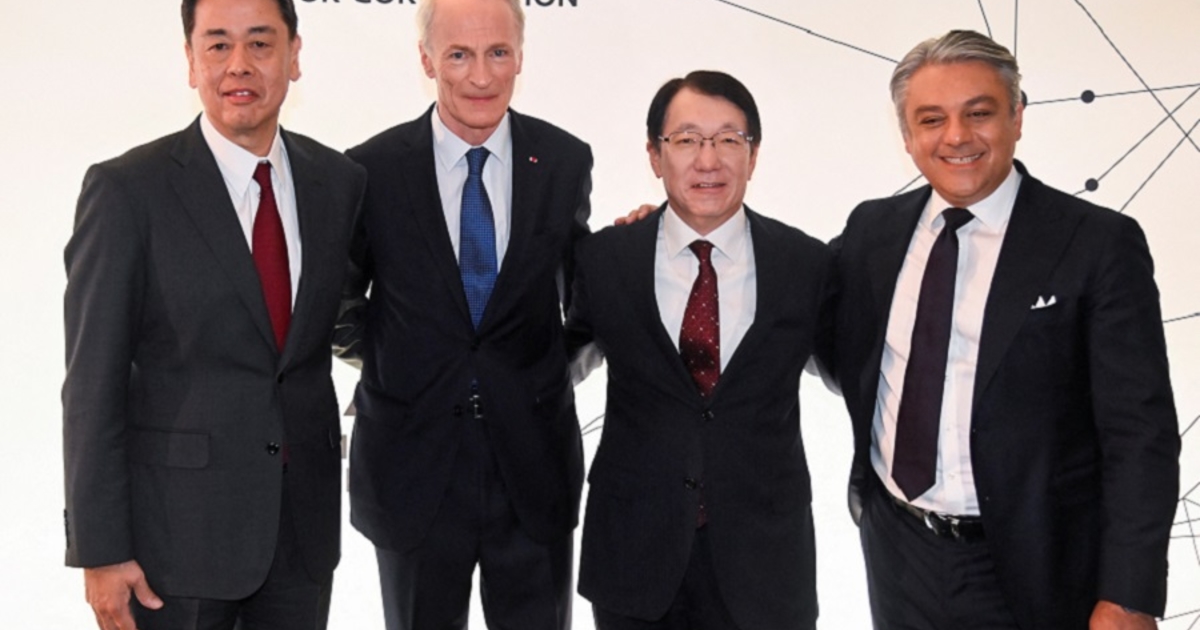
The industrial projects Renault and Nissan plan together could generate hundreds of millions of euros in profit for the companies over time, or even billions “if things go very, very well,” Renault CEO Luca de Meo told reporters at a briefing in London. “The relevance of these projects has been underestimated so far.”
A final pact is set to be reached by the end of the first quarter, subject to a limited number of conditions, including regulatory approvals, according to a statement. The deal is scheduled to close in the fourth quarter.
“It’s the first time in many years that Renault and Nissan stop fighting each other,” says Pierre-Olivier Essig, an analyst at AIR Capital said. “Time will tell what the reshaped alliance brings, but for now this is really good news.”
‘Postive development’
Bloomberg Intelligence analyst Tatsuo Yoshida, said: “For Nissan, greater freedom in management is a positive development. The projects are essentially initiatives that have been stagnant until now, and the alliance should already have been working on them. If Nissan buys back its own shares and then cancels them, that would be positive for Nissan’s stock price, but considering its current cash, that is unlikely to happen right now.”
The deal caps months of fraught negotiations made more difficult by different time zones, with crucial meetings often taking place by video conference in the middle of the night.
Cultural differences between France and Japan led to frequent misunderstandings, further exacerbating the mutual suspicion that had been dogging the alliance for years.
Outsize stake
Renault has an outsize stake in Nissan, which sold 3.3 million vehicles in 2022 compared to Renault’s 2.05 million.
Renault’s current stake includes voting rights while Nissan’s does not. Five years ago, fears that Ghosn — at the time, the chairman of both companies and its alliance — would seek closer integration, including a merger, was a factor in his ouster and arrest on charges of underreporting compensation.
Renault plans to transfer 28.4 percent of Nissan shares into a French trust, with voting rights to be neutralized for most decisions. The company will keep on benefiting from Nissan dividends until the stake is sold. The trustee will be instructed to sell the shares when it will be “commercially reasonable” in a coordinated and orderly process. Moreover, Renault has no obligation to sell the stake within a specific time frame.
Reuters and Bloomberg contributed to this report